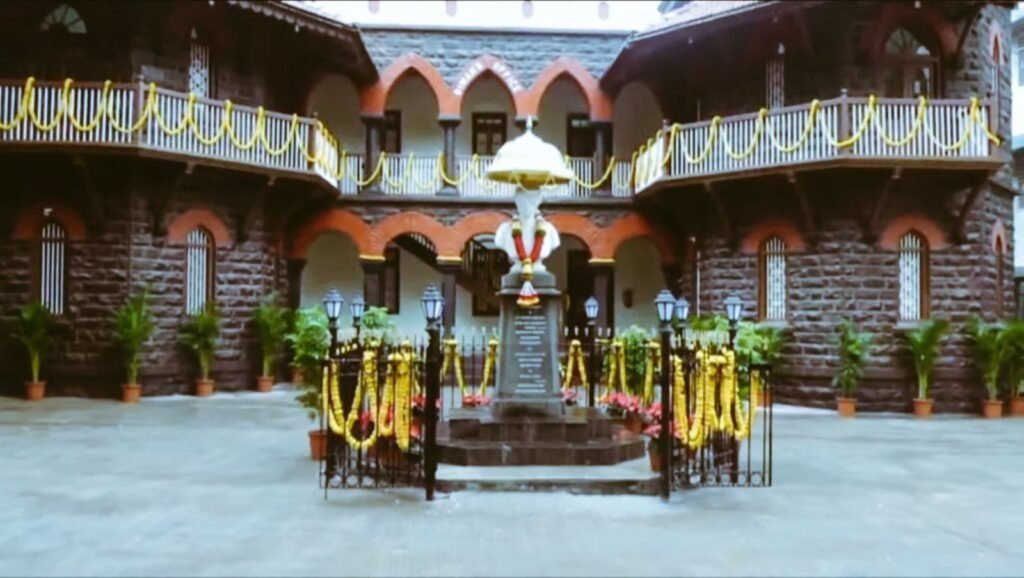Court rules that a beggar cannot be forced to pay maintenance under Section 125 CrPC and directs the government to ensure basic support like food and clothing for the wives.
In a recent judgment, the court addressed a plea for maintenance filed by wives whose husbands had no source of income. Reaffirming the Family Court’s earlier stance, the court held that a person without means — such as a beggar — cannot be compelled to pay maintenance.
The court observed:
“I am of the considered opinion that this court cannot direct a beggar to pay maintenance to his wife. However, the government should ensure that the petitioners’ wives are also provided with food and clothing.”
This ruling brings to light the core principle of maintenance law — that it is linked to the earning capacity and financial ability of the husband. When the husband is genuinely destitute, the court cannot pass an order that is impossible to implement.
Legal Analysis
Relevant Provision:
- Section 125 of the Code of Criminal Procedure (CrPC), 1973 – provides that a man with sufficient means must maintain his wife, children, and parents if they are unable to maintain themselves.
Judicial Principle:
- Courts have consistently held that maintenance orders must be fair, reasonable, and executable.
- In Chaturbhuj v. Sita Bai (2008) 2 SCC 316, the Supreme Court clarified that maintenance is meant to prevent vagrancy and destitution.
- This present ruling adds nuance by emphasizing that maintenance cannot be directed when the husband is completely incapable of earning.
State’s Responsibility:
The court’s observation that the government must ensure food and clothing for such women underlines the social welfare role of the State, aligning with Article 39(a) of the Constitution, which directs the State to provide adequate means of livelihood.
Why This Case Matters for Students
- Judicial Reasoning Example: Great case to understand how courts balance individual incapacity with state welfare obligations.
- Important for Exams: Maintenance under Section 125 CrPC is a frequently tested topic in law entrance exams (CLAT, AILET, judiciary exams).
- Ethical & Social Angle: Encourages thinking beyond black-letter law — highlighting the intersection of law and social justice.
Exam Tip:
When answering a question on maintenance, always mention:
• Husband’s Financial Capacity
• Wife’s Right to Basic Support
• State’s Role in Cases of Destitution
This helps demonstrate both legal knowledge and analytical ability.
Also Read: Top 10 Landmark Supreme Court Judgments Every Law Aspirant Must Know





